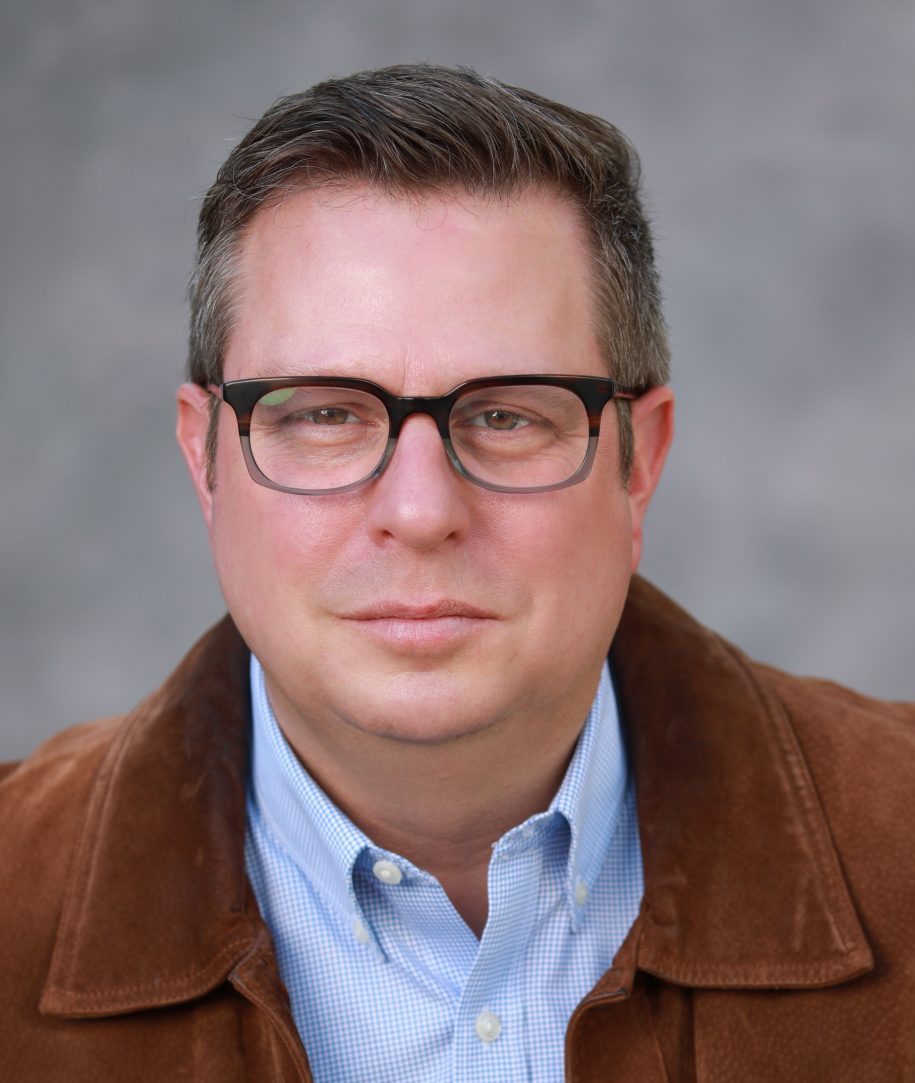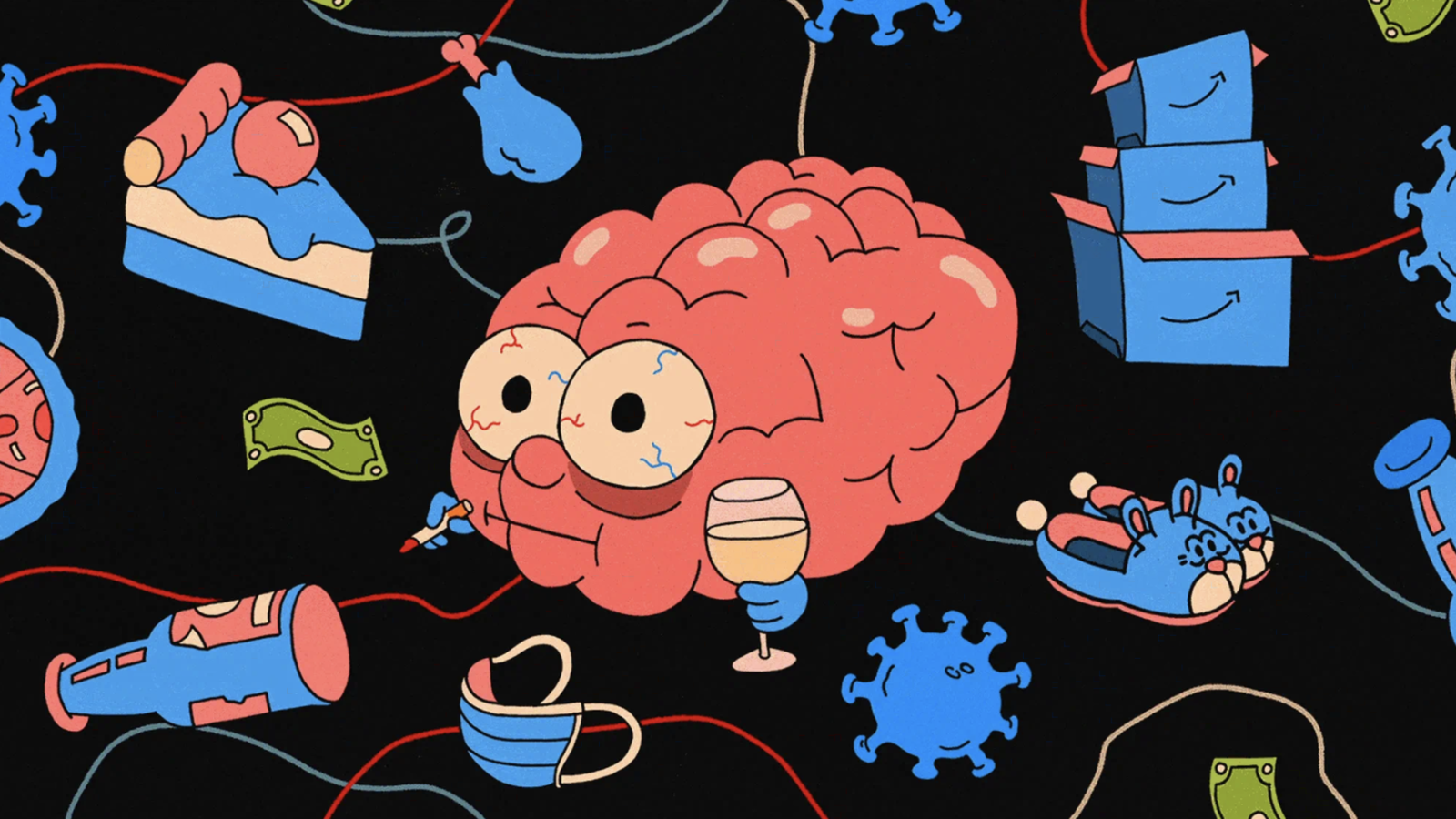About half of those that experience a substance or alcohol use disorder (SUD and AUD respectively) also known as drug addiction and alcoholism, experience a co-occurring mental health disorder. Additionally, up to 75% of both men and women with AUD reported at least one type of childhood abuse and neglect.
During an interview with Dr. Nadine Burke Harris, California’s first Surgeon General, author of The Deepest Well: Healing the Long-Term Effects of Childhood Adversity and a maverick in advocating for pediatricians to test for and help children seek holistic treatment for ACE’s states, “every time a child gets into a scary or dangerous situation, it activates their stress response. The repeated activation of their stress response is what leads to the biological condition that we, in pediatrics, are now calling toxic stress. Toxic stress are the long-term changes to not only brain structure and function, but also to the hormonal system, immune system, and even all the way down to the way our DNA is read and transcribed. And these changes lead to increased risk for mental health and behavioral health consequences – increased risk of depression, increased risk of suicidality, increased risk of anxiety. But also increased risk of things like substance dependence.”
So, toxic stress as a result of childhood trauma (whether diagnosed as a mental health diagnosis or not) is often co-occurring with those that develop SUD/AUD, sometimes initially to self-medicate or numb the escalating pain and suffering that comes with childhood adversity. These stressors can then progress into full blown addiction, especially for those genetically and environmentally predisposed to addiction. This progression often precipitates seeking long-term recovery from SUD/AUD to find lasting relief from the fatal and progressive disease of drug addiction/alcoholism.
There are many paths to recovery including detox, residential treatment, outpatient treatment and sober living, almost all of which also advocate for a peer sober support group like that available in a 12-Step process. It takes a lot longer than the typical length of traditional treatment of 30-90 days to start to heal from a lifetime of substance abuse, combined with many ACE’s accumulated along the way, often reinforced by maladaptive intergenerational trauma and addiction that awaits them in their family, romantic relationships, and friendships.
What has shown to have the best long-term outcomes is for people in recovery, especially with co-occurring disorders, to be in the same safe place with the same recovering people, doing the same recovery based things for as long as possible – optimally at least a year. It is most beneficial to continue this process into year two and beyond with a sober support group that provides connections that have depth and weight based on lived experiences and providse a sense of community in recovery. Additionally, there are great clinicians who understand addiction recovery that can help you address the deeper work that naturally surfaces along the path of recovery.
We can’t ignore that the response to the COVID-19 pandemic may be amplifying some ACE’s. There are several ways in which ACE’s may be exacerbated by the social isolation, job loss, school closures, and other stressors unleashed by the pandemic. If you are having trouble coping with COVID and think you have ACE’s affecting your ability to live your daily life, please take a look at these resources that are available.
To those seeking a lasting recovery solution for their alcoholism and/or drug addiction, my heartfelt suggestion based on my own lived experience in finding the right recovery path, is to surrender to your recovery as if your life depends on it, be honest about what brought you to recovery, be willing to take suggestions from those that have the type of recovery you want, be open-minded to ideas from them even if you don’t believe they will help you, and follow through on those suggestions with consistent action and as much energy as you put into your addiction.


